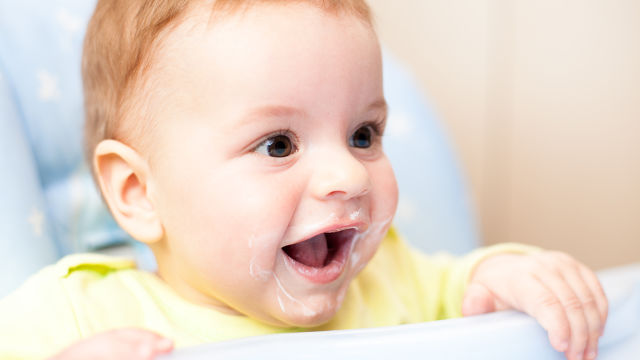
- When Do Baby Teeth Come In
- Tooth Eruption Chart
- Why Are Baby Teeth Important
- When Should I Start Taking My Child to The Dentist
- How To Care For Your Child's Teeth
- Protect Their Teeth
- Healthy Tips
A child's primary teeth, sometimes called "baby teeth," are as important as the permanent adult teeth. A baby’s 20 primary teeth are already present in the jaws at birth and typically begin to appear when a baby is between 6 months and 1 year. When teeth first come in, some babies may have sore or tender gums. Gently rubbing your child's gums with a clean finger, a small, cool spoon or a wet gauze pad can be soothing. You can also give the baby a clean teething ring to chew on. Most children have a full set of 20 primary teeth by the time they are 3.
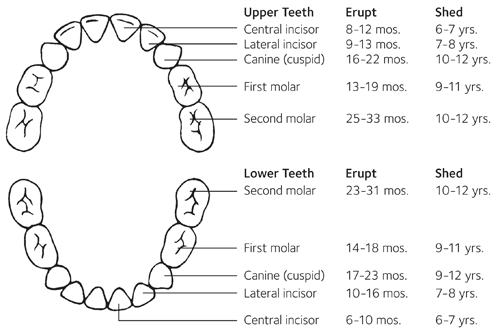
Not only do primary teeth help children chew and speak, they also hold space in the jaws for permanent teeth that are growing under the gums. When a baby tooth is lost too early, the permanent teeth can drift into the empty space and make it difficult for other adult teeth to find room when they come in. This can make teeth crooked or crowded. That’s why starting infants off with good oral care can help protect their teeth for decades to come.
The ADA recommends that a dentist examine a child within six months after the first tooth comes in and no later than the first birthday. A dental visit at an early age is a "well-baby checkup" for the teeth. Besides checking for tooth decay and other problems, the dentist can show you how to clean the child's teeth properly and how to evaluate any adverse habits such as thumb-sucking.
-Don't share saliva with your baby. -Wipe your baby's gums with a clean damp gauze. -When teeth come-in brush them gently with a soft, child-sized toothbrush. -Use only formula, milk, breast milk or water in baby bottles. -Encourage children to drink from a cup by their 1st b-day. -Encourage healthy eating habits.
Another way to keep your teeth in good shape is NOT to chew on hard things — like ice cubes, pencils, or hard candy. Your teeth are strong, but it is possible to crack or chip them. It’s a good habit to keep things out of your mouth that don’t belong there!
-Don’t Wait Until lt’s Too Late. -Floss is the Boss -Eat and Drink, But Be Sure to Think -Be Good to Those Gums -lt Takes a While To Brush Your Smile - Encourages children to think about and discuss the importance of their teeth. - Provides information on good oral health appropriate to their age and experience. - Reinforces dentists’ instructions on properly caring for teeth.
When teeth first come in, some babies may have sore or tender gums. Gently rubbing your child's gums with a clean finger, a small, cool spoon or a wet gauze pad can be soothing. You can also give the baby a clean teething ring to chew on. If your child is still cranky and in pain, consult your dentist or physician. Most children have a full set of 20 primary teeth by the time they are 3.
Educate to Prevent
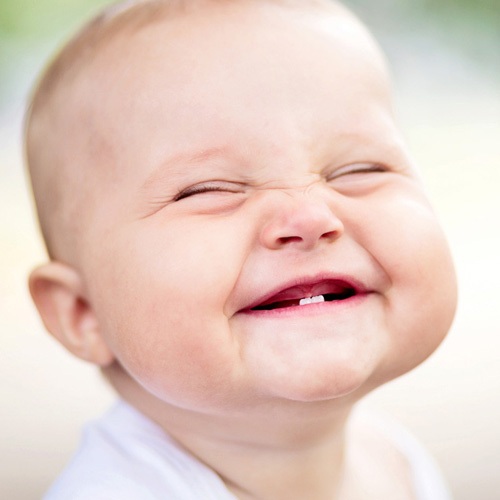
When teeth first come in, some babies may have sore or tender gums. Gently rubbing your child's gums with a clean finger, a small, cool spoon or a wet gauze pad can be soothing. You can also give the baby a clean teething ring to chew on. If your child is still cranky and in pain, consult your dentist or physician. Most children have a full set of 20 primary teeth by the time they are 3.

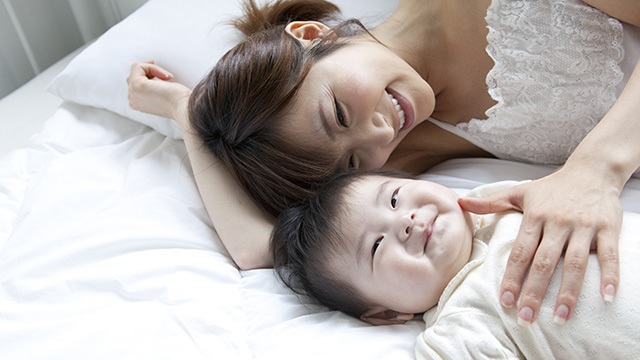
How Long Should a Baby Use a Pacifier
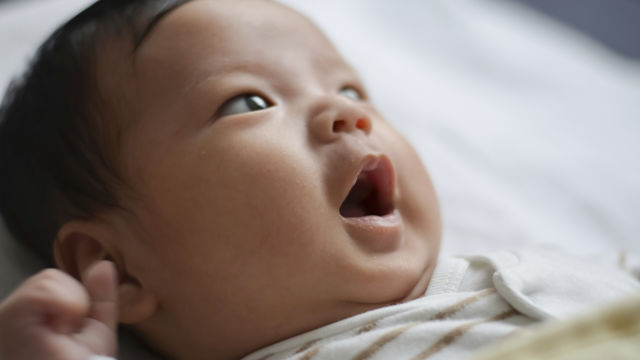
How Teething Fits into Infant Development
New Technology Allows us To Offer Your Family The Lowest Radiation Exposures in The History of Healthcare.
- What Is Tooth Decay?
- What Causes Tooth Decay?
- How to Soothe a Teething Baby
- Baby Teeth Care Tips
- Can Thumb Sucking Affect My Child's Teeth?
- When Do Children Stop Sucking Their Thumbs?
- Baby Teeth Do Matter
Tooth decay is a disease that can begin with cavity-causing bacteria being passed from the mother (or primary caregiver) to the infant. These bacteria are passed through the saliva. When the mother puts the baby’s feeding spoon in her mouth, or cleans a pacifier in her mouth, the bacteria can be passed to the baby. Even though they are temporary, your child's baby teeth are important, and are still susceptible to cavities. Tooth decay in infants and toddlers is often referred to as Baby Bottle Tooth Decay, or Early Childhood Caries. Children need strong, healthy teeth to chew their food, speak and have a good-looking smile. Their first teeth also help make sure their adult teeth come in correctly. It’s important to start infants off with good oral care to help protect their teeth for decades to come.
There are many factors which can cause tooth decay. One common cause is the frequent, prolonged exposure of the baby’s teeth to drinks that contain sugar. Tooth decay can occur when the baby is put to bed with a bottle, or when a bottle is used as a pacifier for a fussy baby.
Your child may have sore or tender gums when teeth begin to erupt. Gently rubbing their gums with a clean finger, a small cool spoon, or a moist gauze pad can be soothing. A clean teething ring for your child to chew on may also help. Your dentist or pediatrician may recommend a pacifier or teething ring. The Food and Drug Administration recommends that parents and caregivers not use benzocaine products for children younger than 2, except under the advice and supervision of a health care professional. Benzocaine is an over-the-counter anesthetic, usually under the product names Anbesol, Hurricaine, Orajel, Baby Orajel and Orabase. Benzocaine has been associated with a rare but serious—and sometimes fatal—condition called methemoglobinemia, a disorder in which the amount of oxygen carried through the blood stream is greatly reduced.
Begin cleaning your baby’s mouth during the first few days after birth by wiping the gums with a clean, moist gauze pad or washcloth. As soon as teeth appear, decay can occur. A baby’s front four teeth usually push through the gums at about 6 months of age, although some children don’t have their first tooth until 12 or 14 months.
After permanent teeth come in, sucking may cause problems with the proper growth of the mouth and alignment of the teeth. It can also cause changes in the roof of the mouth. Pacifiers can affect the teeth essentially the same ways as sucking fingers and thumbs, but it is often an easier habit to break. The intensity of the sucking is a factor that determines whether or not dental problems may result. If children rest their thumbs passively in their mouths, they are less likely to have difficulty than those who vigorously suck their thumbs. Some aggressive thumb suckers may develop problems with their baby (primary) teeth.
Lorem ipsum dolor sit amet, consectetur adipiscing elit. Nam eu hendrerit nunc. Proin tempus pulvinar augue, quis ultrices urna consectetur non.
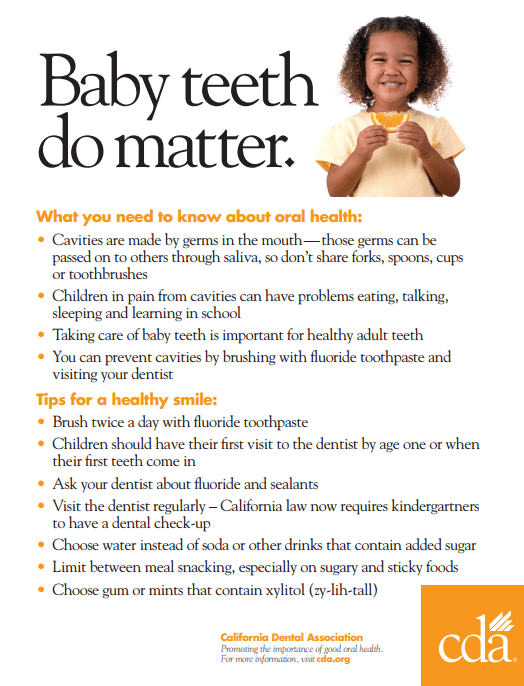
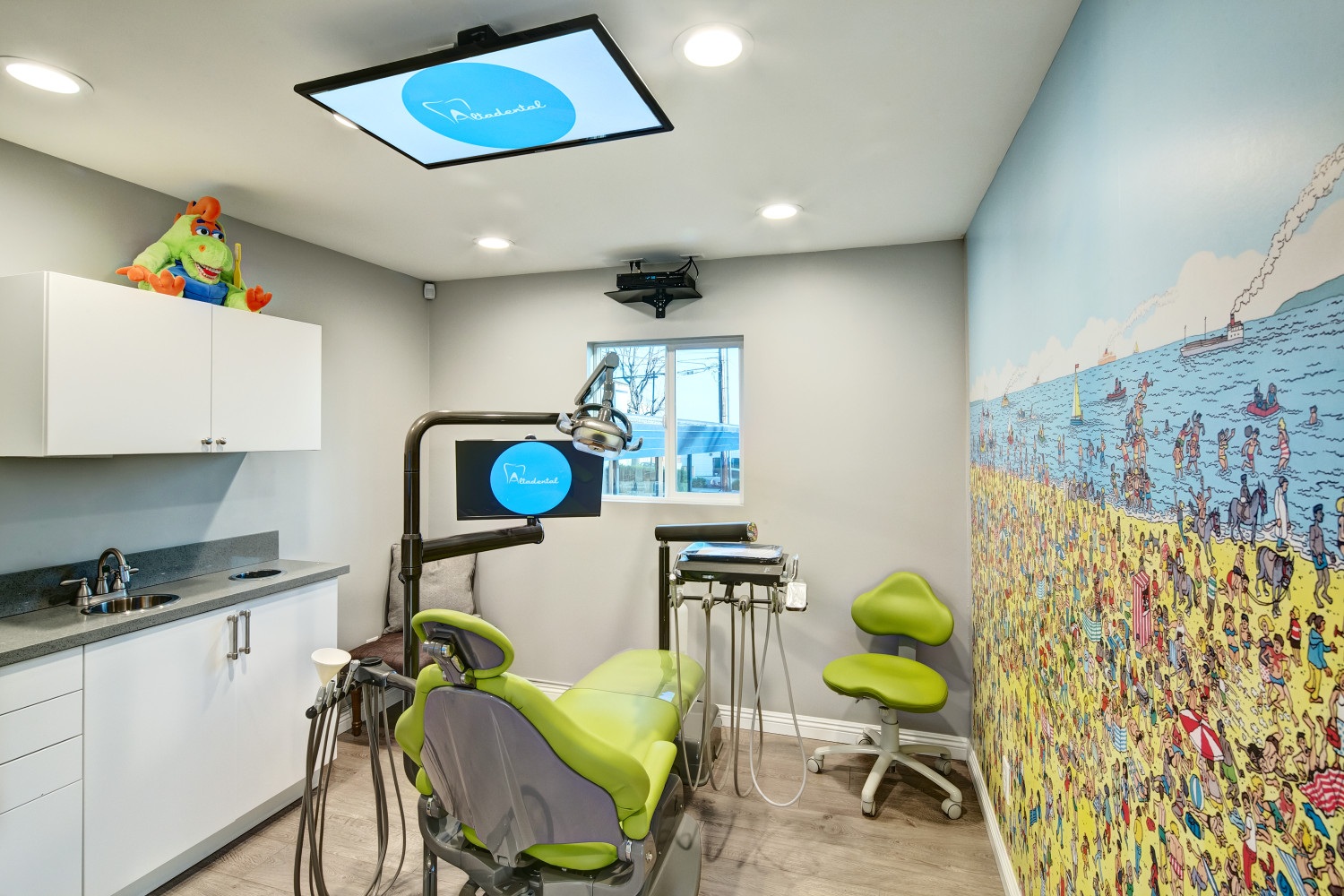
Not only do primary teeth help children chew and speak, they also hold space in the jaws for permanent teeth that are growing under the gums. When a baby tooth is lost too early, the permanent teeth can drift into the empty space and make it difficult for other adult teeth to find room when they come in. This can make teeth crooked or crowded. That’s why starting infants off with good oral care can help protect their teeth for decades to come.
When Should I Start Taking My Child to the Dentist?
The ADA recommends that a dentist examine a child within six months after the first tooth comes in and no later than the first birthday. A dental visit at an early age is a "well-baby checkup" for the teeth. Besides checking for tooth decay and other problems, the dentist can show you how to clean the child's teeth properly and how to evaluate any adverse habits such as thumb-sucking.

Babies and Kids Teeth – Dental Health
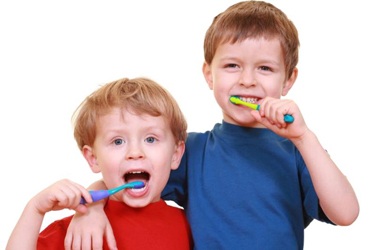
Why Do Baby Teeth Need Fillings?

How to Care For Your Child’s Adult Teeth Right From the Start
How to Care for Your Child's Teeth
It’s important to care for your baby’s teeth from the start.
Don’t share saliva with your baby by sharing spoons, licking their pacifiers or pre-chewing their food.
Located in the beautiful hills of Altadena. Altadental strives to provide you exceptional service in a state-of-the-art facility while catering to your needs as a member of our family. The peaceful atmosphere along with our experienced staff will make you feel like home instantly. We look forward to sharing knowledge and experience with our community by presenting options of treatment-education-prevention for a healthy happy smile.
Once your child’s teeth start to come into the mouth, brush using a children’s toothbrush and fluoride toothpaste in an amount no more than the size of a grain of rice.
Place only formula, milk, breast milk, or water in baby bottles. Infants should not be put to bed with a bottle.
If your child uses a pacifier, give them one that is clean — don’t put it in your mouth first or dip it in sugar, honey, or other sweetened liquids.
Encourage your children to drink from a cup by their first birthday and don’t let your child sip all day from a training (sippy) cup with sweetened beverages. Encourage healthy eating habits that include a diet with plenty of vegetables, fruits and whole grains. Serve nutritious snacks to your kids and limit sweets to mealtimes

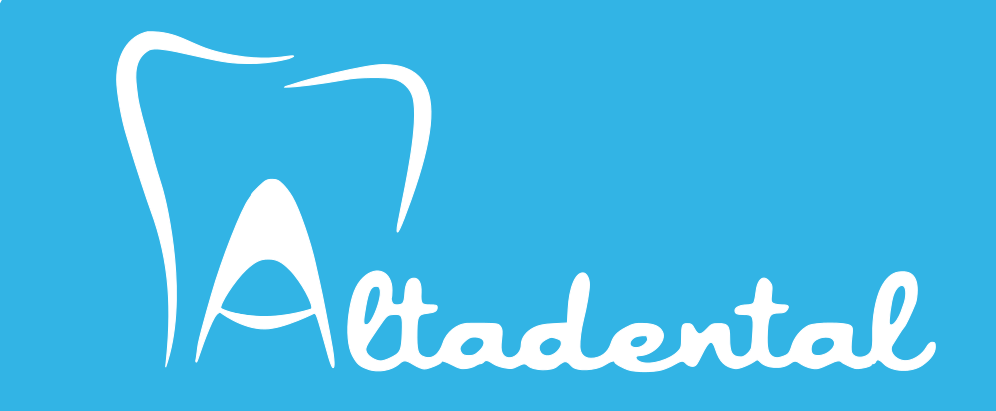
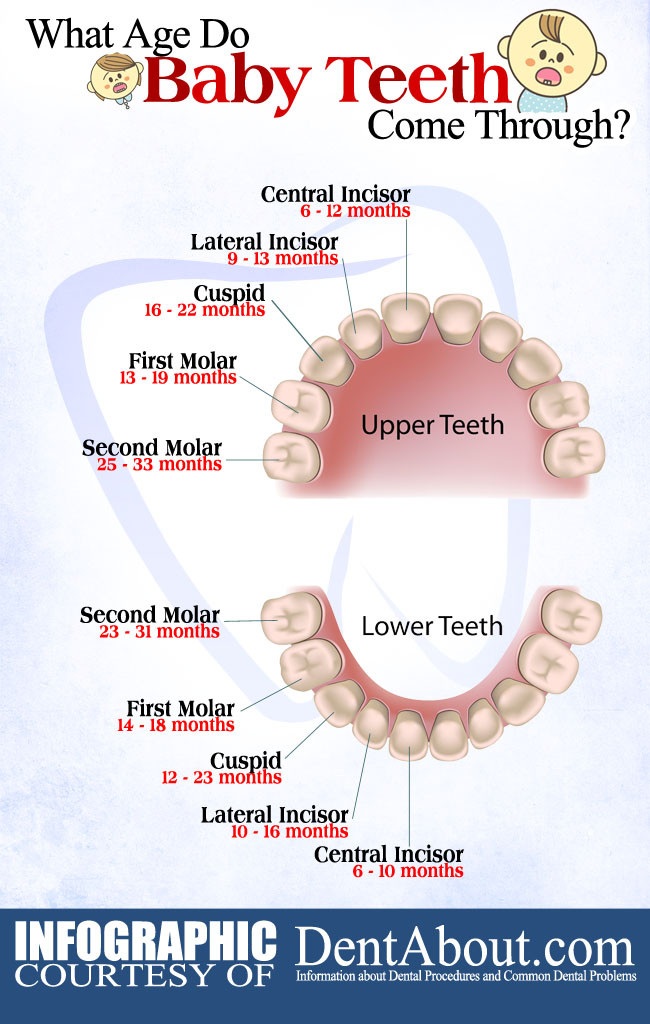
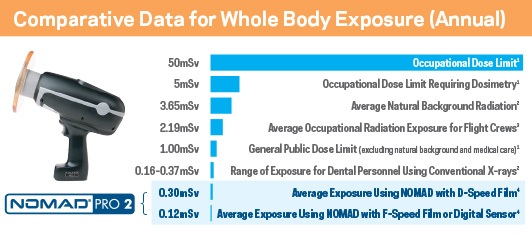


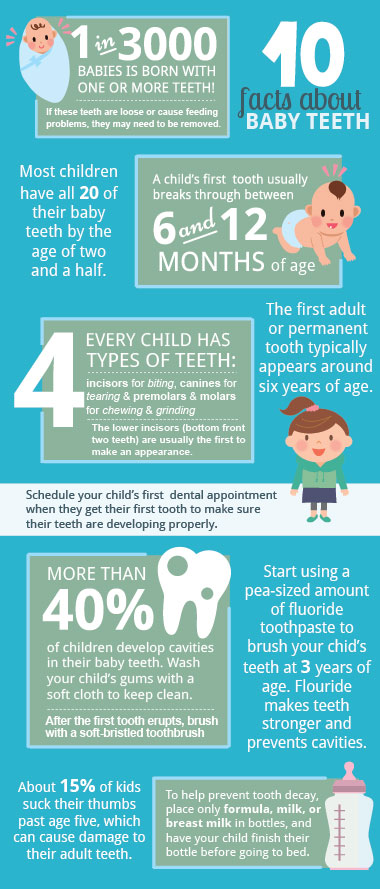
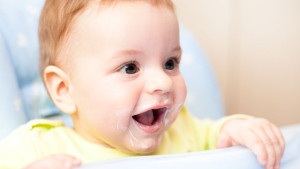 Baby Teething: Signs And Treatment by Emily Boge, RDH, BS, MPAc
One of your baby's milestones during his or her first year of life is the appearance of the first tooth, yet baby teething can be a scar...
Baby Teething: Signs And Treatment by Emily Boge, RDH, BS, MPAc
One of your baby's milestones during his or her first year of life is the appearance of the first tooth, yet baby teething can be a scar... How Long Should A Baby Use A Paciferby Emily Boge, RDH, BS, MPAc
Binkie, Paci, Cork, Plug, Soothie, Dummy — the pacifier has had many nicknames and has been used by parents all around the world sinc...
How Long Should A Baby Use A Paciferby Emily Boge, RDH, BS, MPAc
Binkie, Paci, Cork, Plug, Soothie, Dummy — the pacifier has had many nicknames and has been used by parents all around the world sinc... Tons of future responsibilities can run through your head as you hold your newborn in your arms. But keep in mind that eventually, your child will experience teething symptoms. Teething occurs when th...
Tons of future responsibilities can run through your head as you hold your newborn in your arms. But keep in mind that eventually, your child will experience teething symptoms. Teething occurs when th... Does Your Newborn Have Teeth?
We don't usually think of a newborn as having teeth. However, at birth the crowns of the 20 "baby" or primary teeth are almost completely formed, and they are hidden from...
Does Your Newborn Have Teeth?
We don't usually think of a newborn as having teeth. However, at birth the crowns of the 20 "baby" or primary teeth are almost completely formed, and they are hidden from... 9 Causes Of Bad Breath In Children by Charley McElrath
Bad breath, medically known as halitosis, is a condition that even healthy children can sometimes experience. If you've noticed that your little ...
9 Causes Of Bad Breath In Children by Charley McElrath
Bad breath, medically known as halitosis, is a condition that even healthy children can sometimes experience. If you've noticed that your little ...


